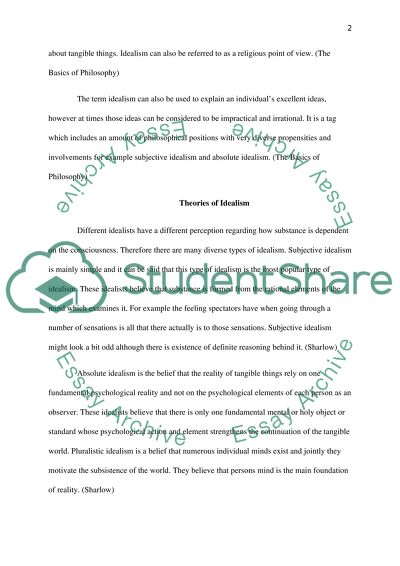Cite this document
(“Epistemology Essay Example | Topics and Well Written Essays - 1000 words - 3”, n.d.)
Retrieved from https://studentshare.org/religion-and-theology/1647444-epistemology
Retrieved from https://studentshare.org/religion-and-theology/1647444-epistemology
(Epistemology Essay Example | Topics and Well Written Essays - 1000 Words - 3)
https://studentshare.org/religion-and-theology/1647444-epistemology.
https://studentshare.org/religion-and-theology/1647444-epistemology.
“Epistemology Essay Example | Topics and Well Written Essays - 1000 Words - 3”, n.d. https://studentshare.org/religion-and-theology/1647444-epistemology.


